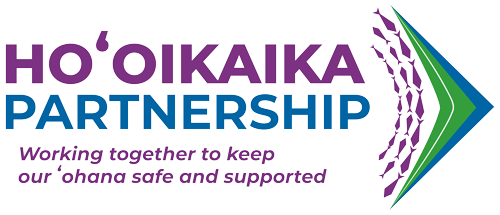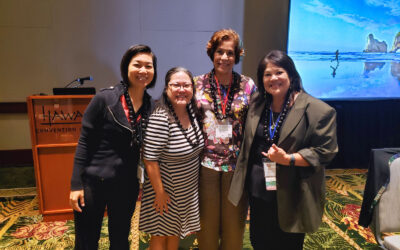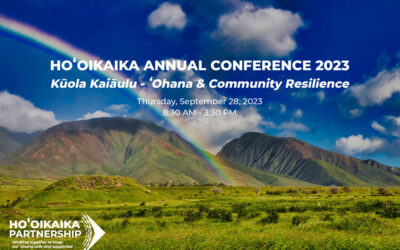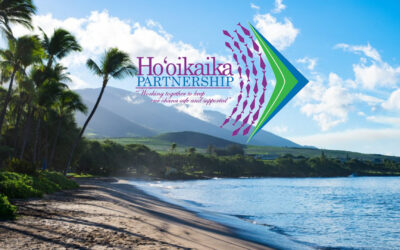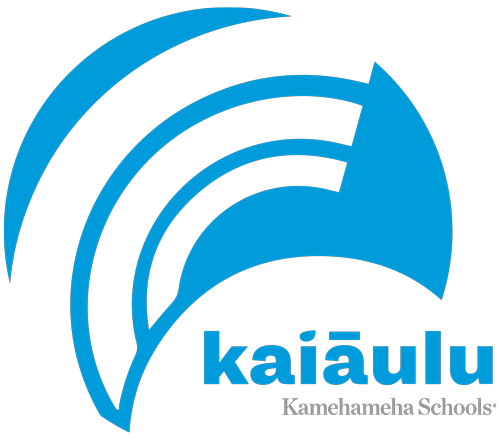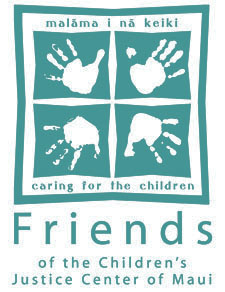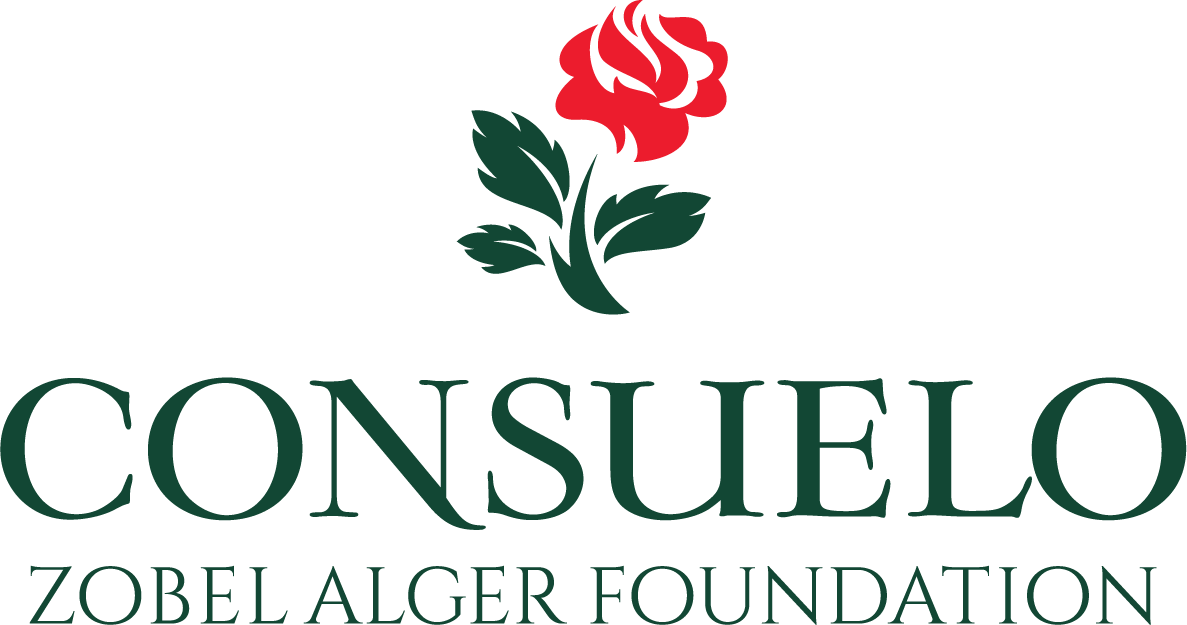Hoʻoikaika Annual Conference 2024
Thursday, September 26, 2024 8:30 AM – 3:30 PM
Hoʻoikaika Annual Conference 2024
The Hoʻoikaika Annual Conference is one of the primary ways we build our capacity as health and human service providers. To join the conference planning committee, apply to present, or become a sponsor, please contact Hoʻoikaika Coordinator Deb Marois.
Learning Goals
- coming soon …
Sessions Support New and Seasoned Staff by Providing
- New content outside our usual, day-to-day.
- Opportunities to connect with others committed to strengthening families and preventing child maltreatment.
- Practical and culturally responsive “how to’s” for building resiliency within ourselves, our ‘ohana, and our organizations.
Who Is This Conference For?
Health and human service providers/educators from Maui County and other Hawaiian Islands are welcome to join us for this day of virtual learning and connecting.
- Participants typically work in a broad range of areas (e.g., early education, home visiting, child welfare, substance abuse and domestic violence prevention/intervention, public health, etc.)
- New to the field or well-established
- Direct service providers and administrators
CEUs
The conference is approved by the state of Hawaii Department of Health’s Alcohol and Drug Abuse Division (ADAD) and the National Association of Social Work (NASW) for up to six (6) continuing education contact hours.
Cost
FREE! Thanks to our generous conference sponsors Consuelo Foundation, Friends of the Children’s Justice Center of Maui, and KS Kaiāulu, there is no charge to participate.
Conference Schedule Coming Soon
Past Conferences
Funding Support for Maui Providers to IVAT 2024
Thank you for applying for Maui provider funding support to IVAT Hawai‘i Summit on Trauma 2024 in Honolulu. Applications are now closed.
Hoʻoikaika Annual Conference Schedule 2023
Hoʻoikaika annual conference 2023 will focus on building resilience within our ʻohana, organizations, and communities.
2023 Conference Videos
The Hoʻoikaika Annual Conference 2023ʻs videos will focus on building resilience within our ʻohana, organizations, and communities.
2022 Conference Videos
The Ho’oikaika Annual Conference is one of the primary ways we build our capacity as health and human service providers.
Hoʻoikaika Annual Conference Schedule 2022
View the Hoʻoikaika Annual Conference Schedule 2022. E Holomua i ka ʻIke Kūpuna – Moving Forward in the Wisdom of Our Ancestors.
Mana’o From Past Attendees
The overall conference was amazing. Every session that I attended was filled with take-aways and resources that I will utilize with my staff and program.
Overall, attending this conference has ignited more passion within me to rise up and step into my position on the canoe and paddle in unity with everyone else around me.
Today’s conference was extremely heartfelt and inspiring. I was blown away by moʻoleloʻs, cultural protocol, and cultural practices shared, the conference enlightened me and provided me with new tools for my cultural competence tool kit.
Mahalo to Our Generous Sponsors
Learn More - KS Kaiāulu
KS Kaiāulu is a proud sponsor of the Hoʻoikaika Partnership and itʻs 2023 annual conference, called Kūola Kaiāulu – ʻOhana and Community Resilience. KS Kaiāulu brings together Kamehameha Schools’ scholarships, online learning resources, in person community resource centers, and the partner programs KS supports in the community, all in one place. Through these offerings, KS Kaiāulu aims to grow ‘ōiwi leaders—people who use their knowledge, skill, and passion to strengthen Hawaiʻi, its people, and our global community. Sign-up at kaiaulu.ksbe.edu to get the latest information about the many learning opportunities available through KS Kaiāulu.

